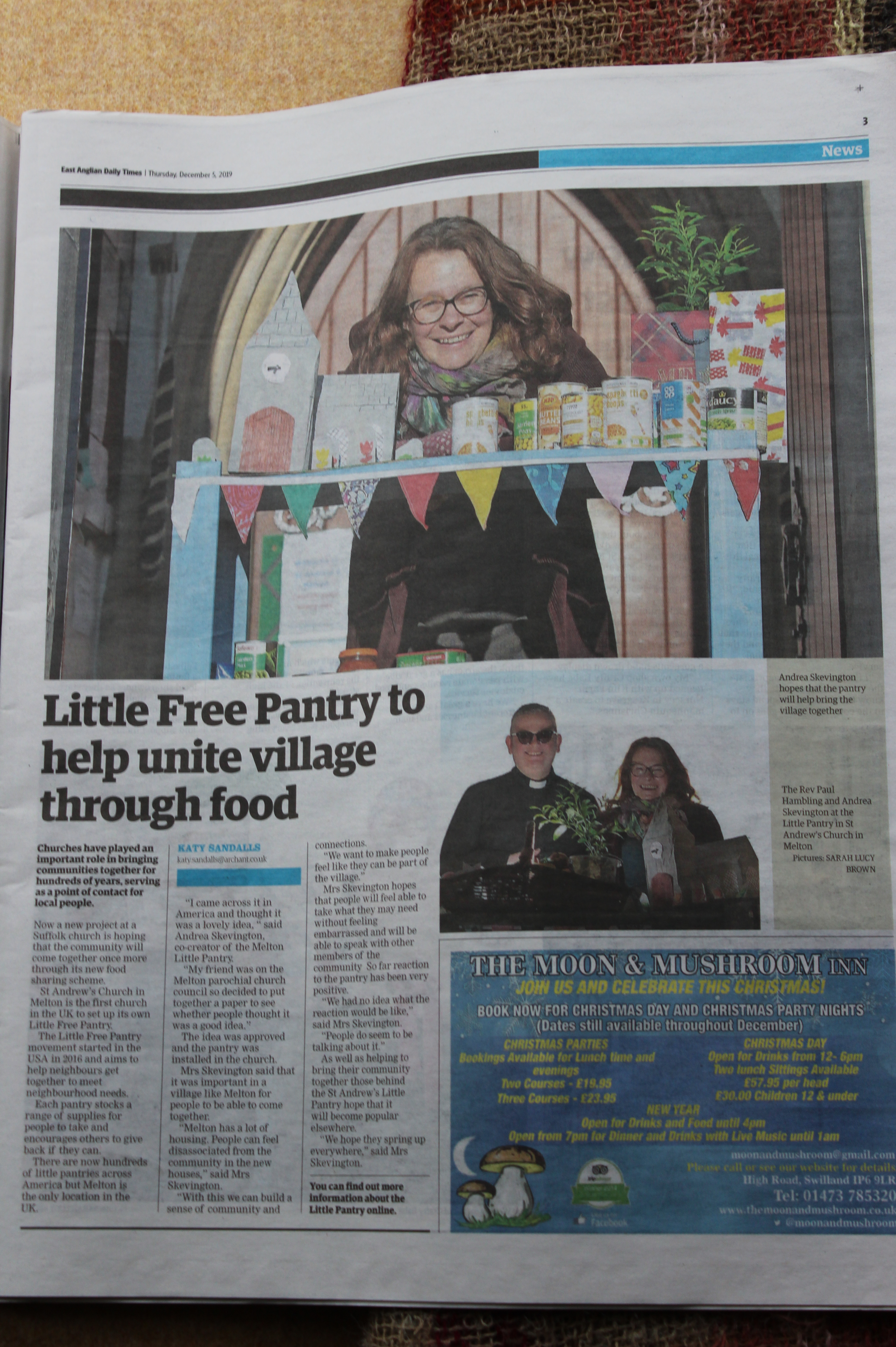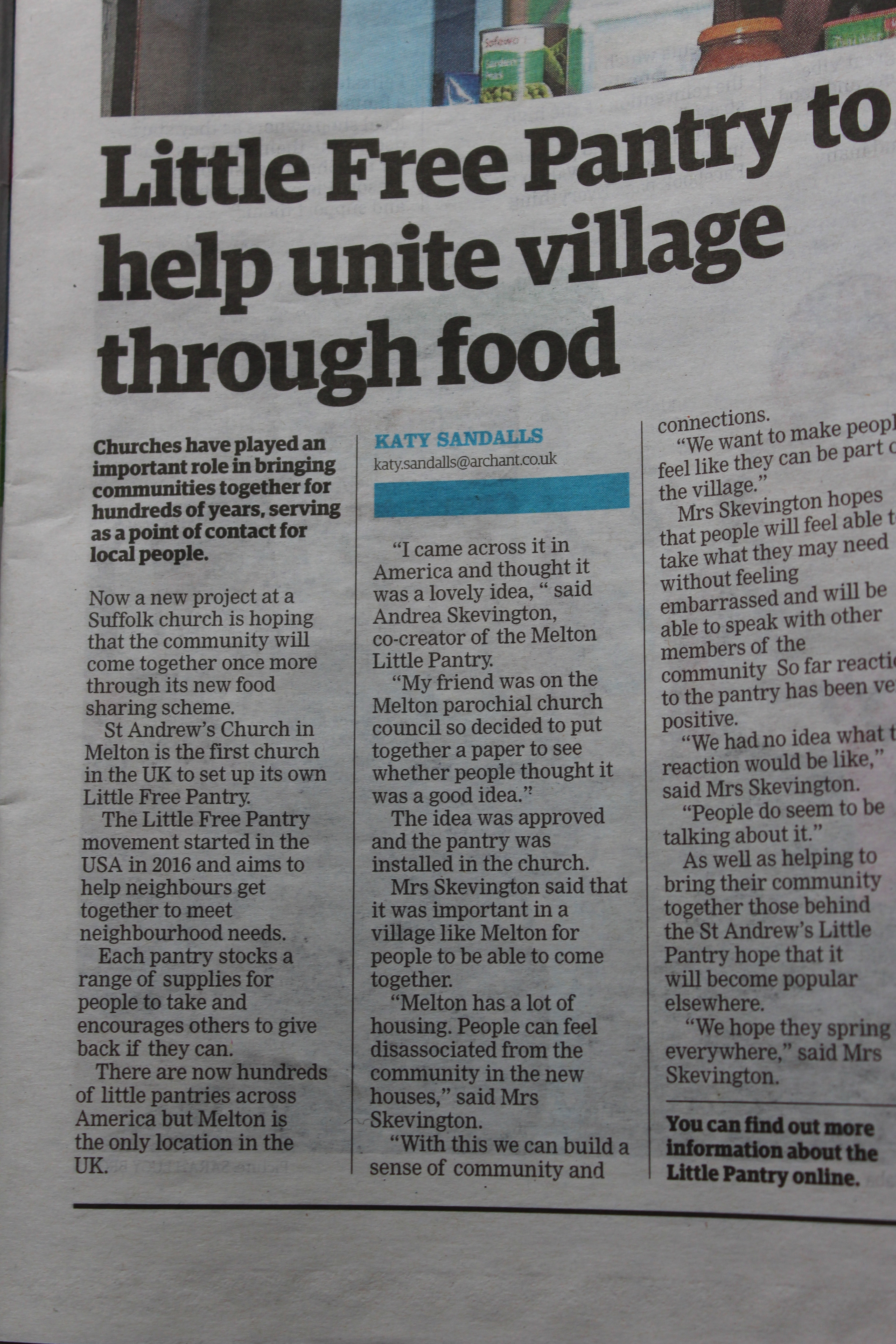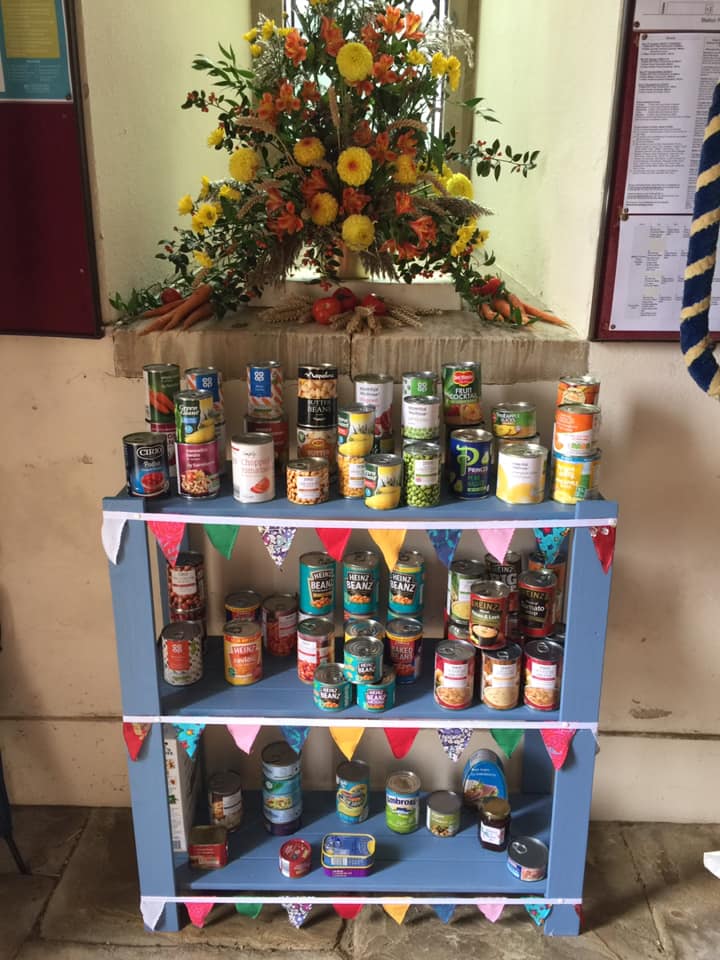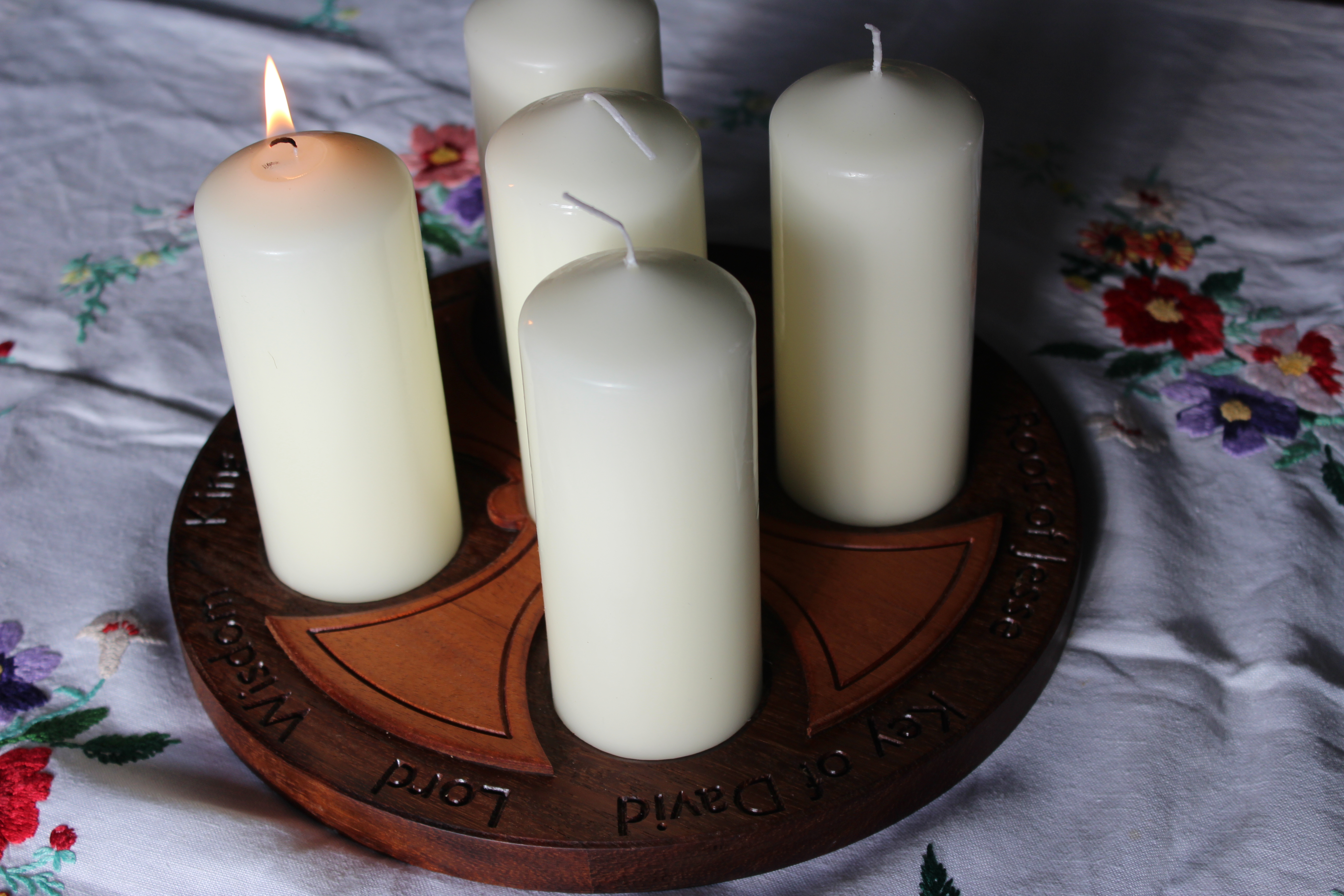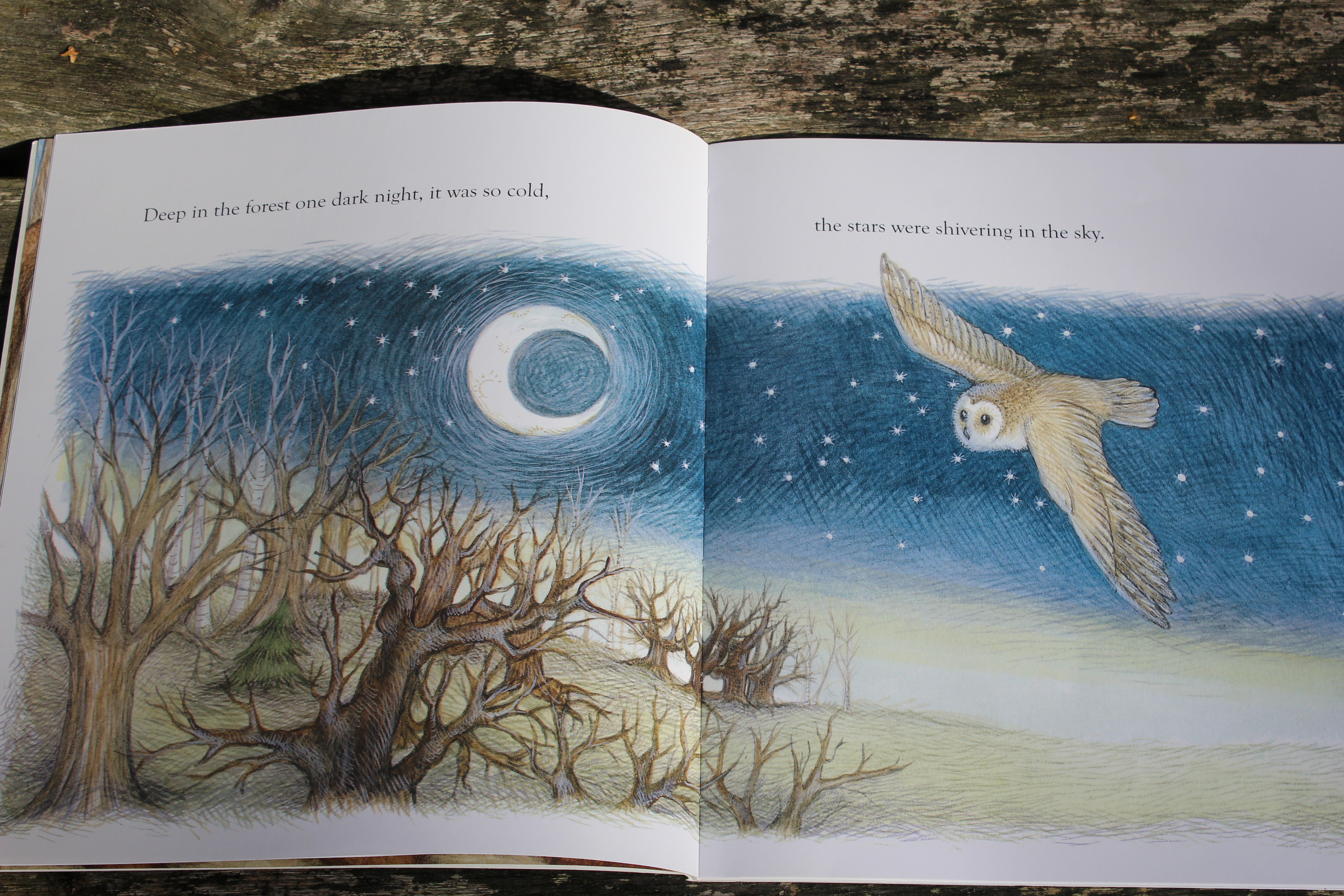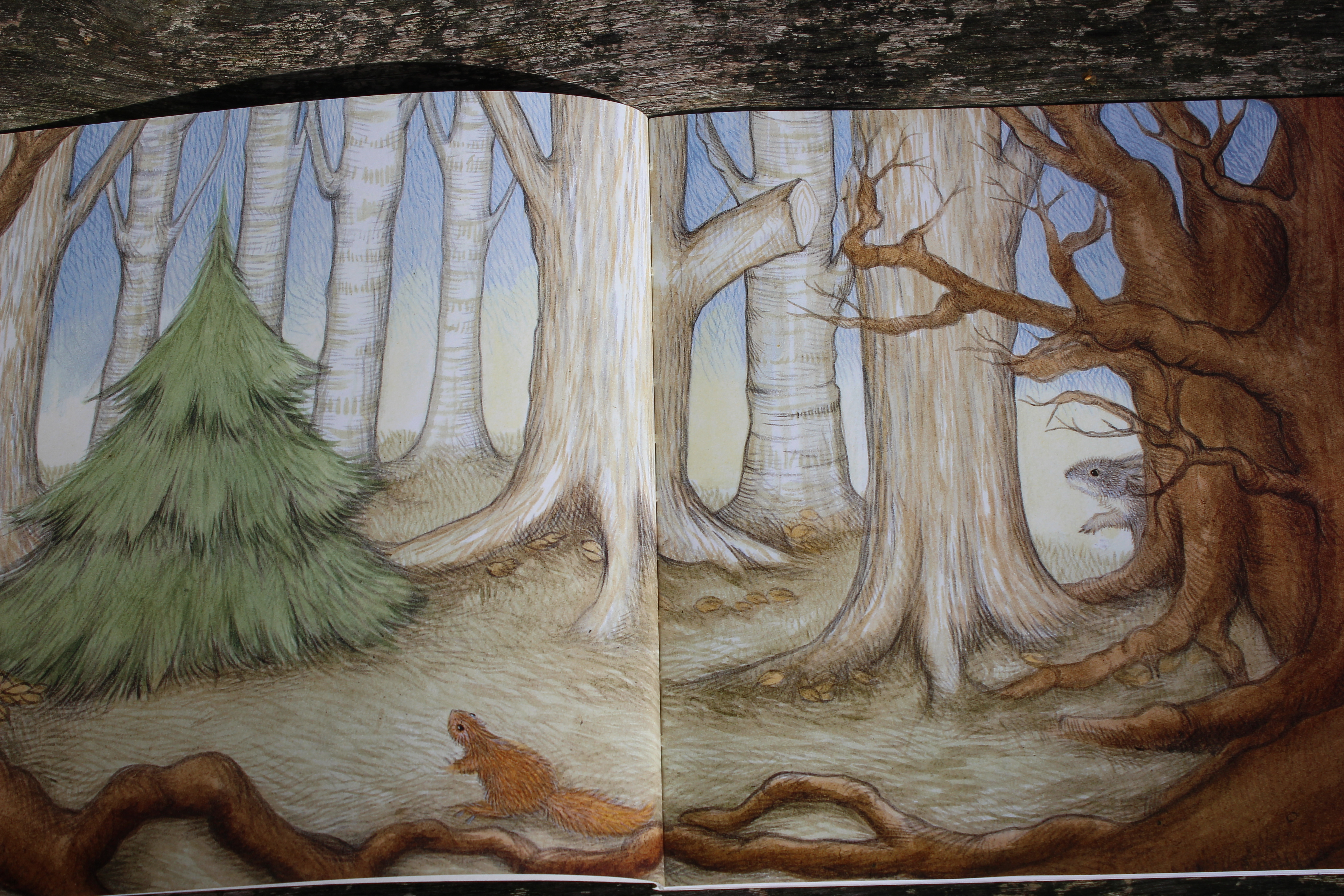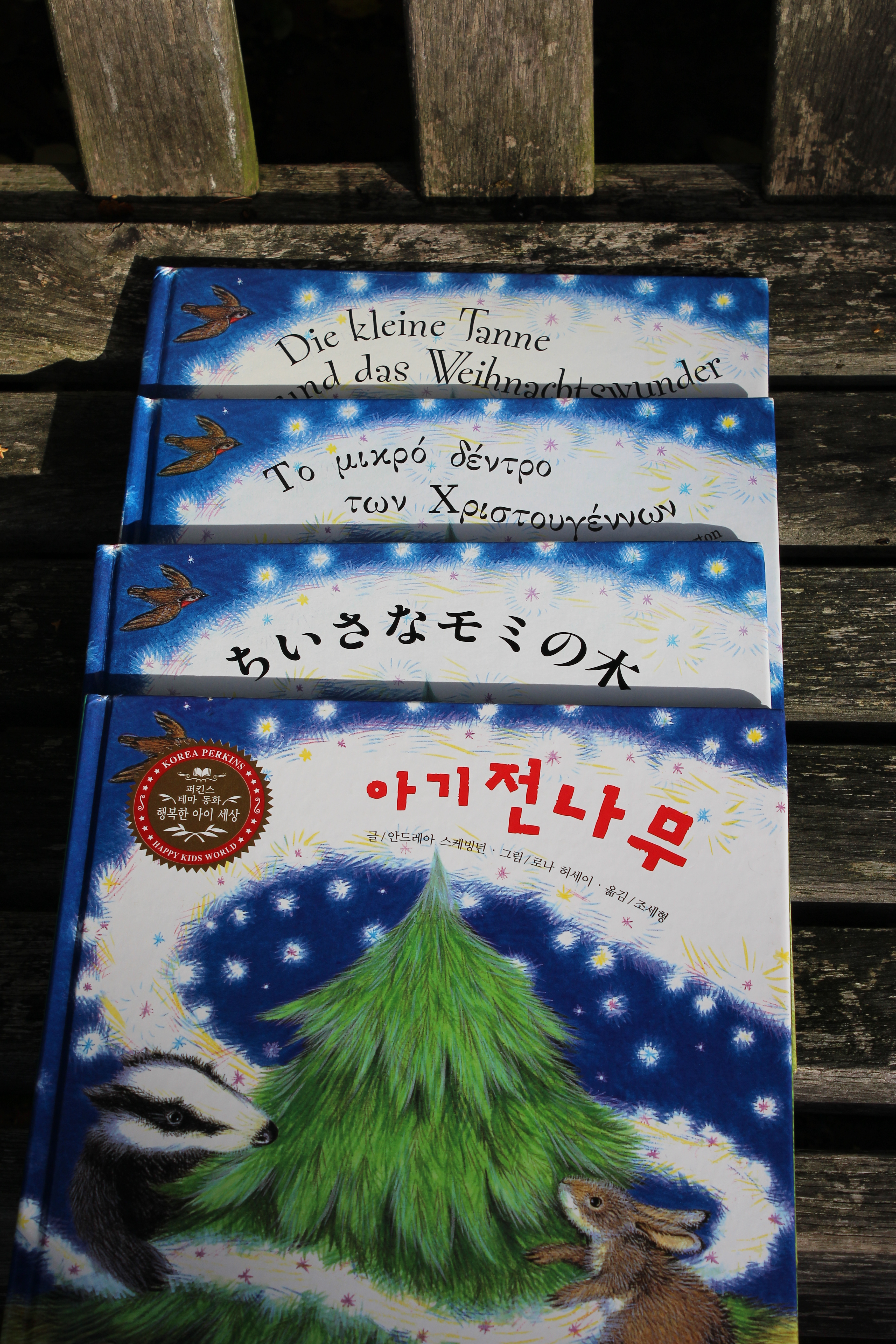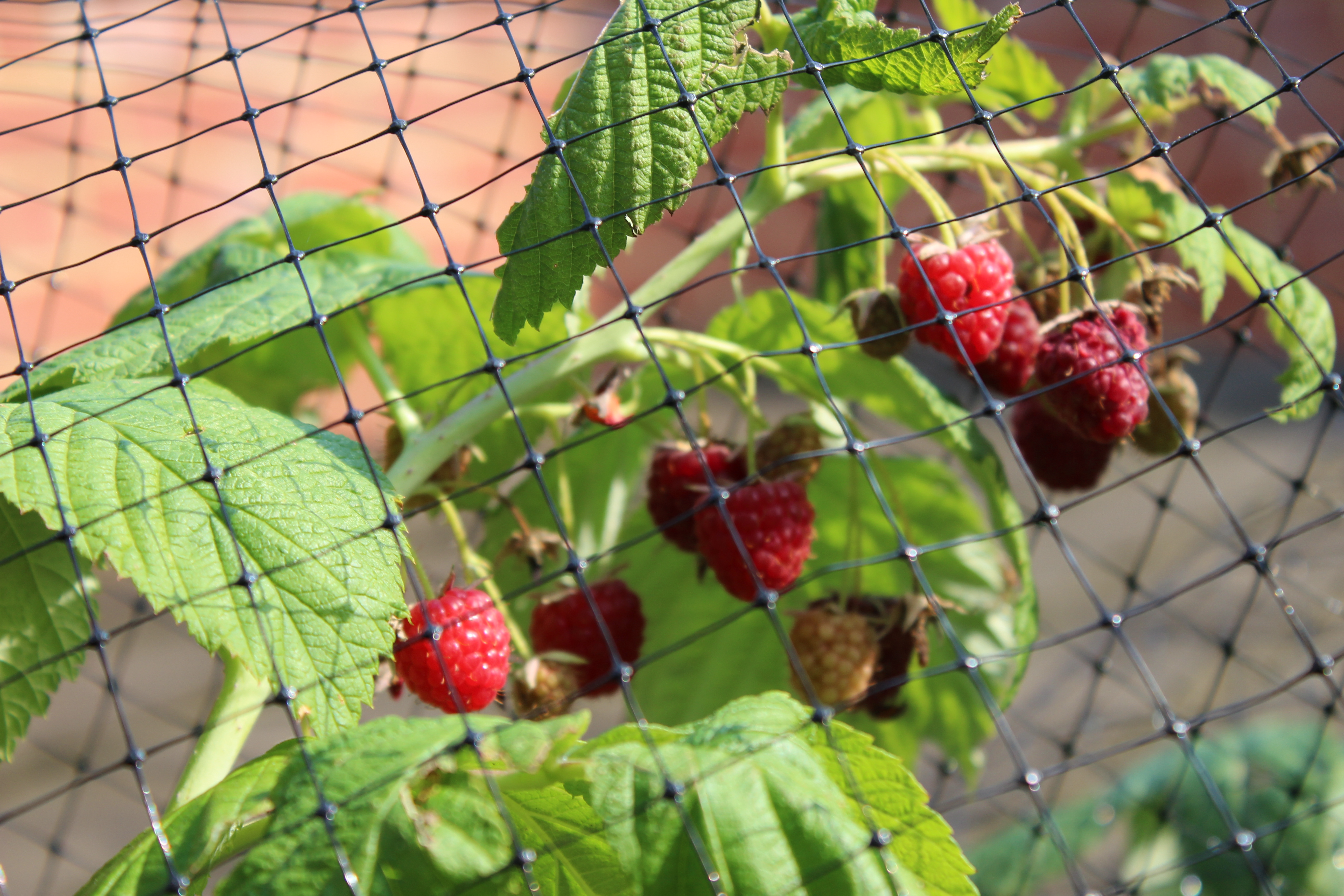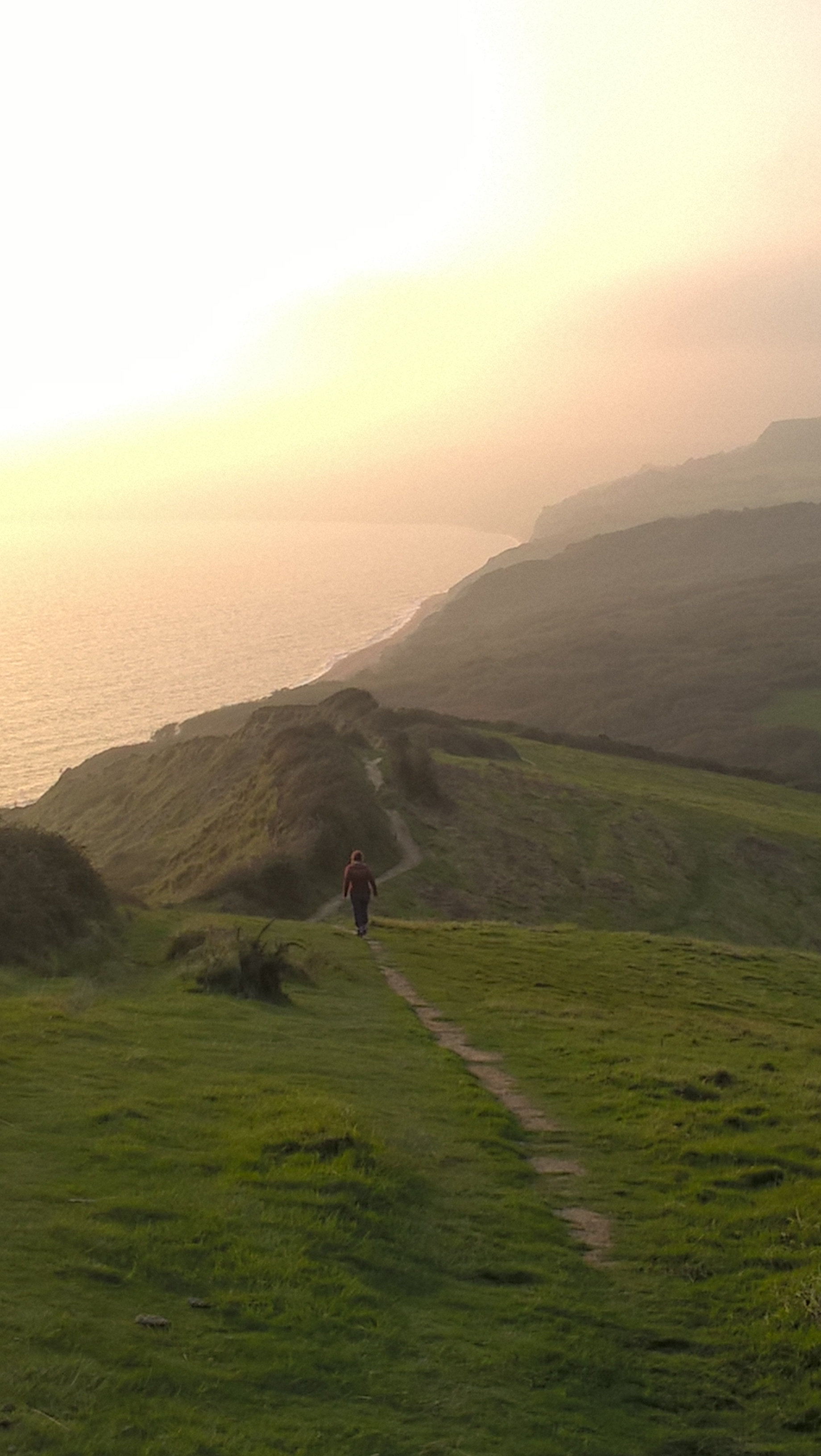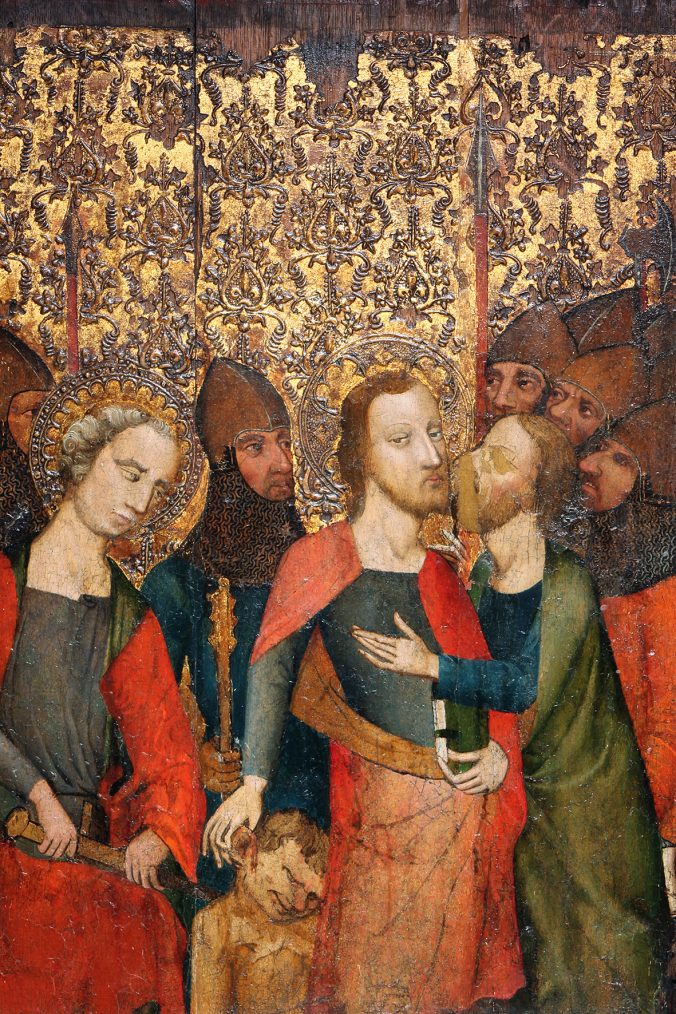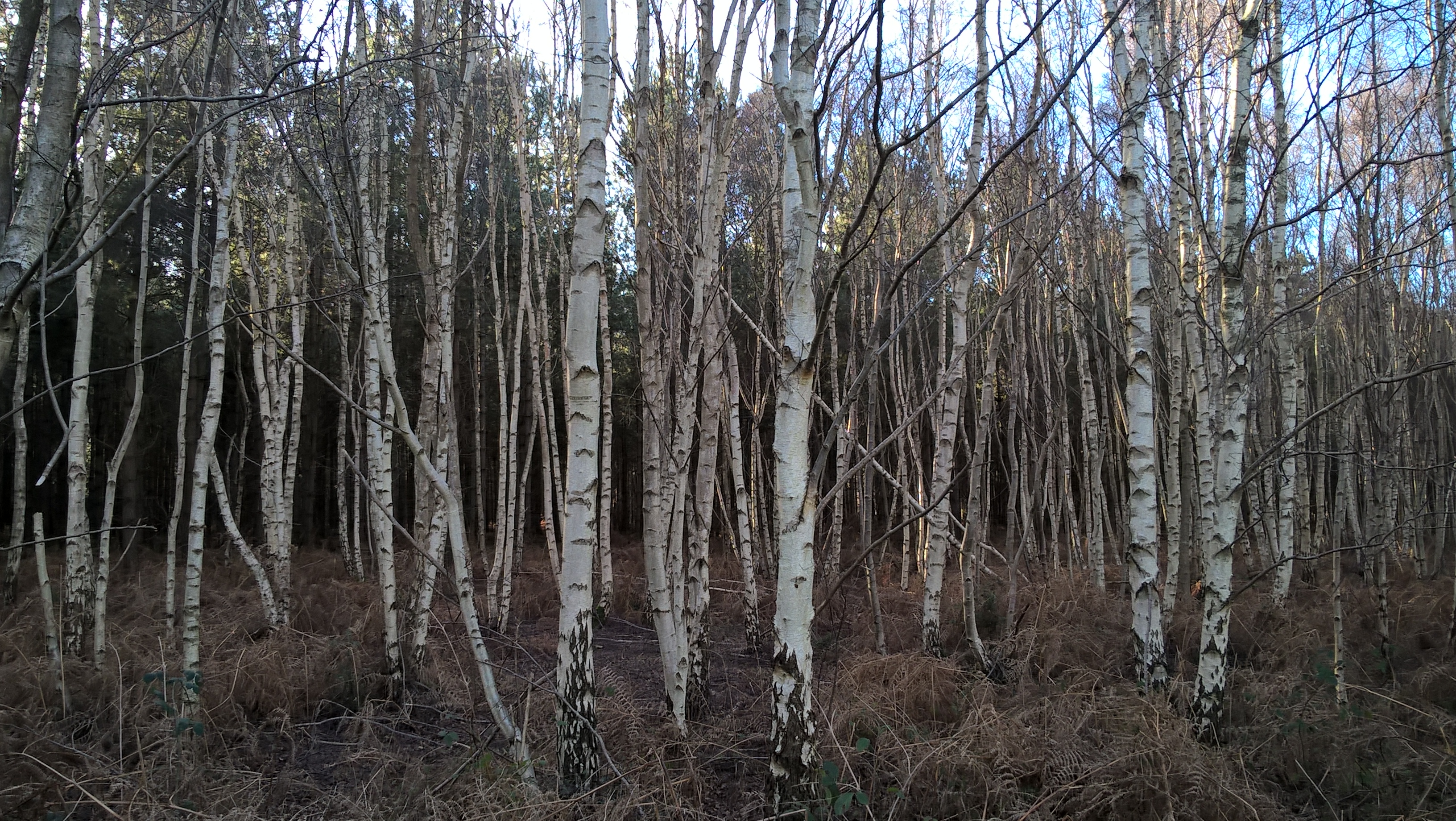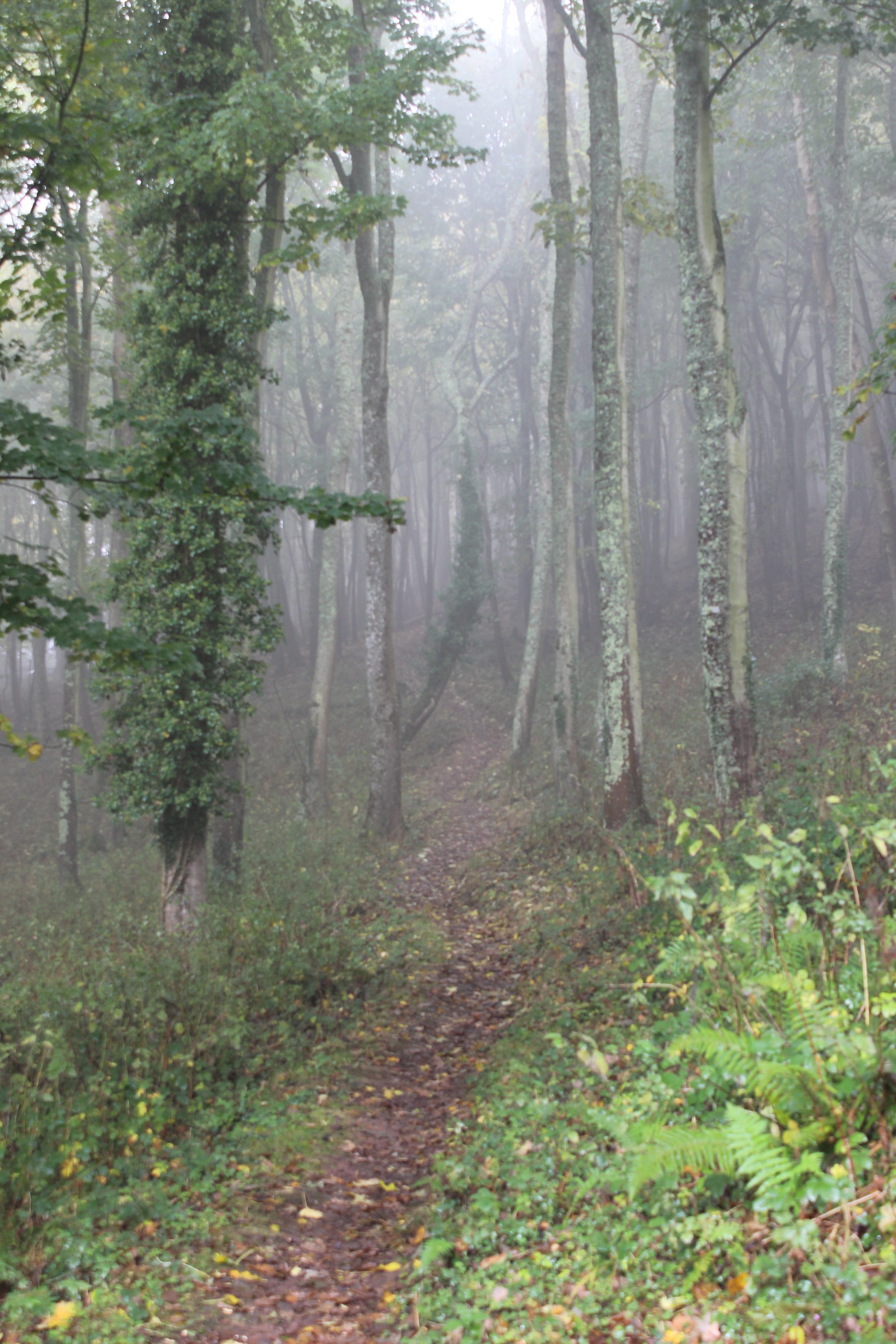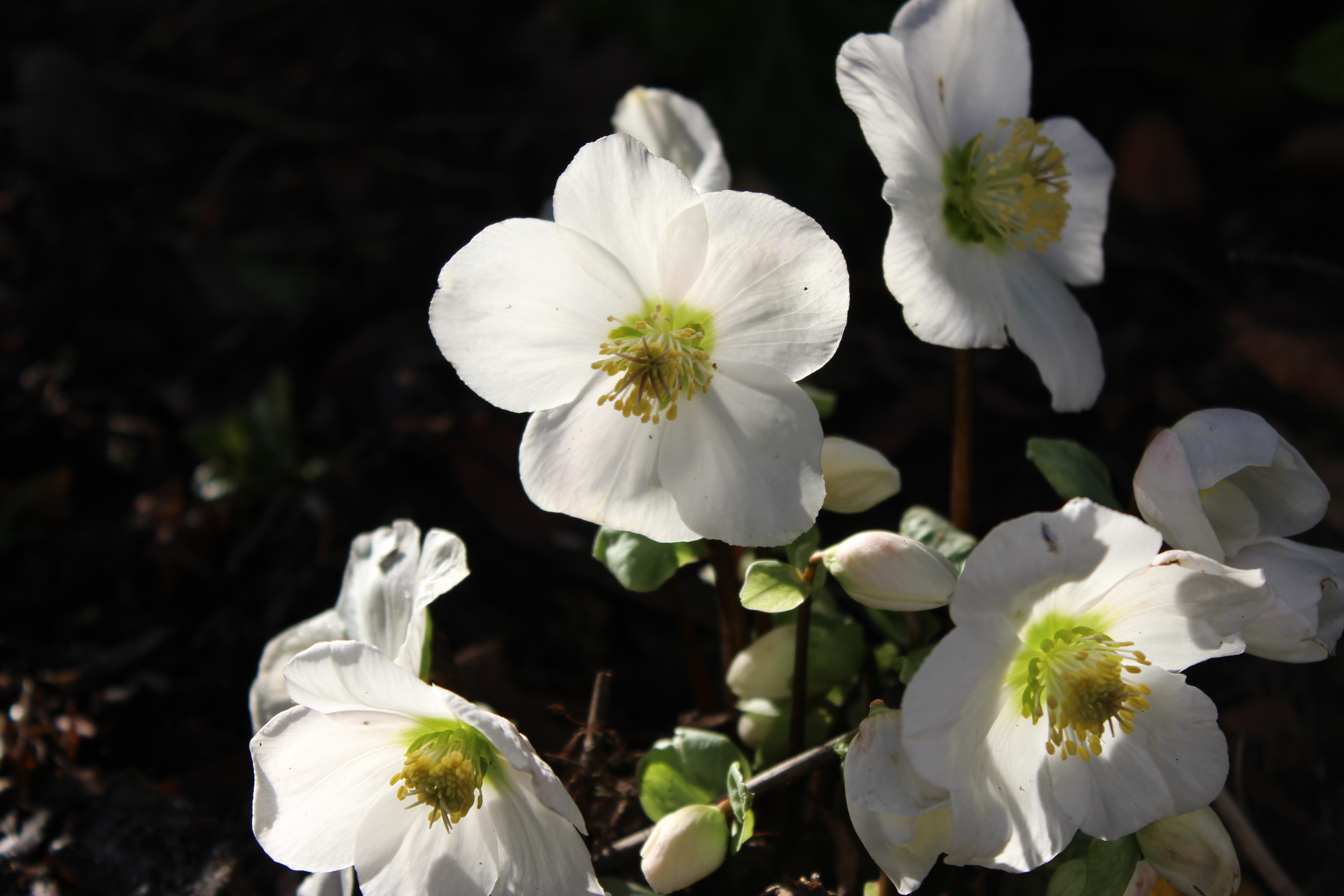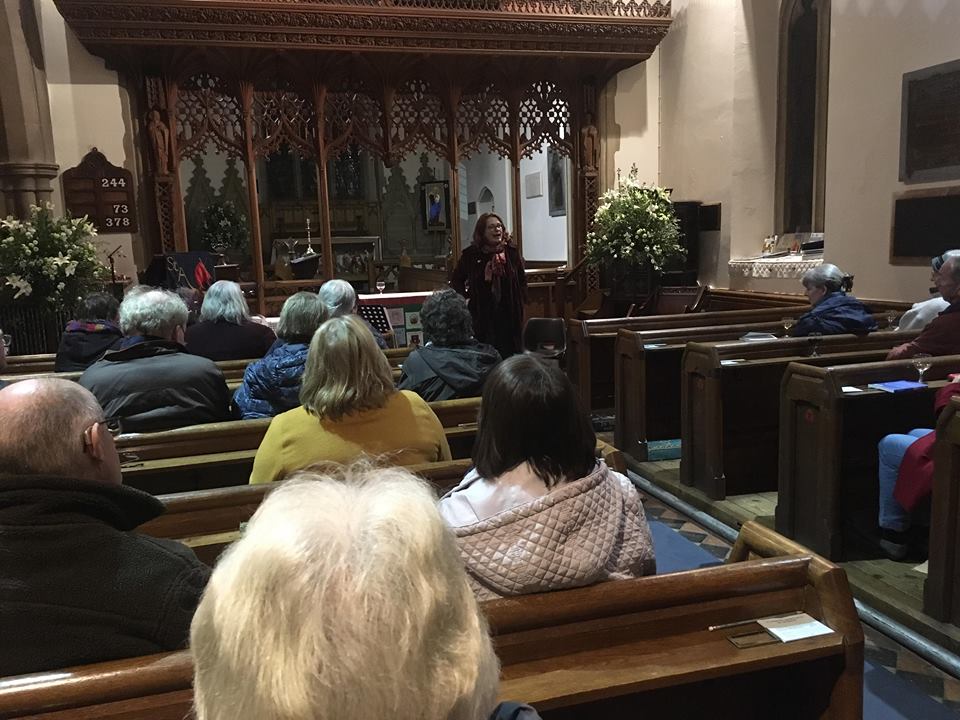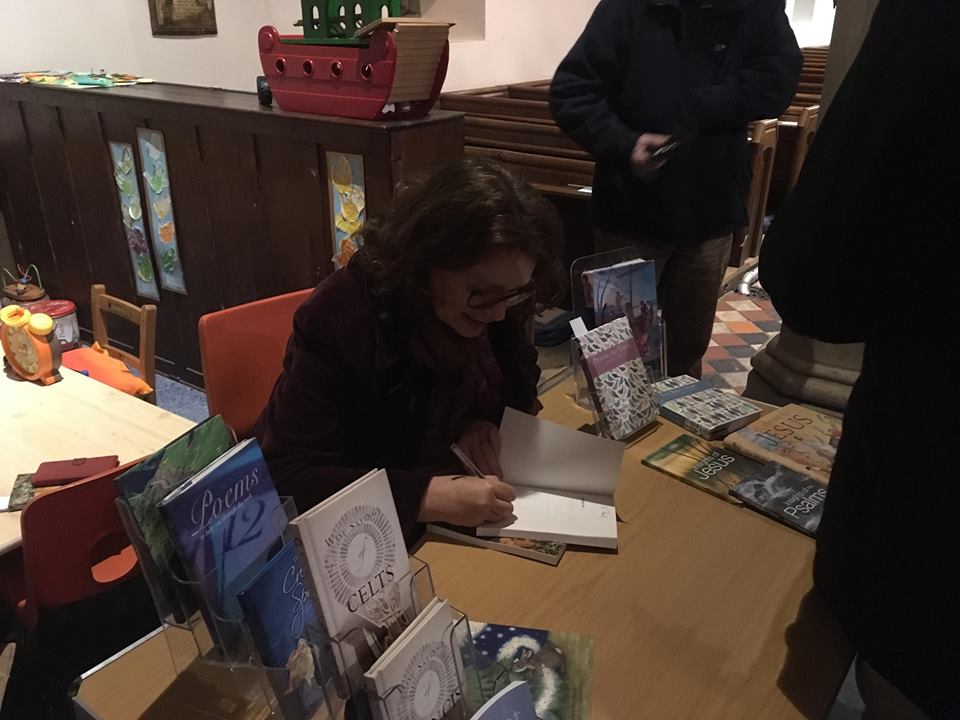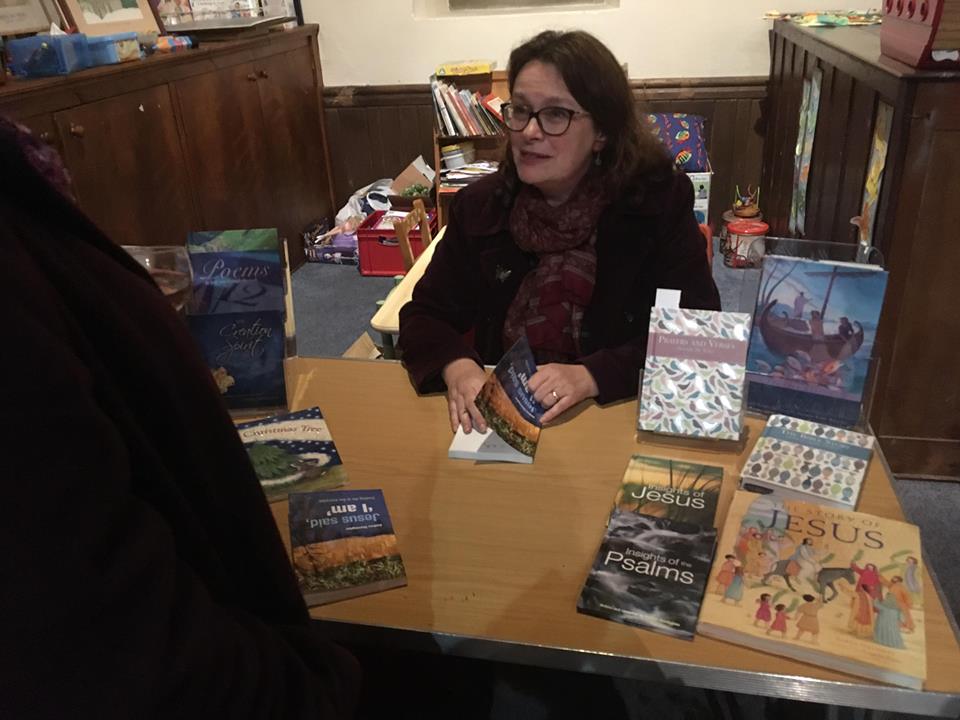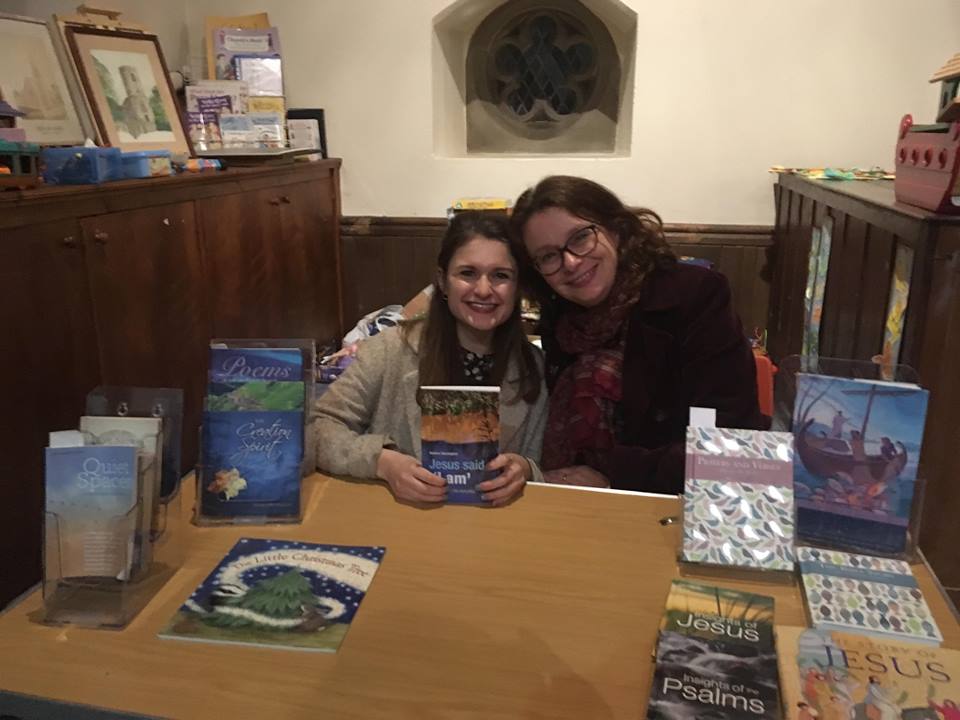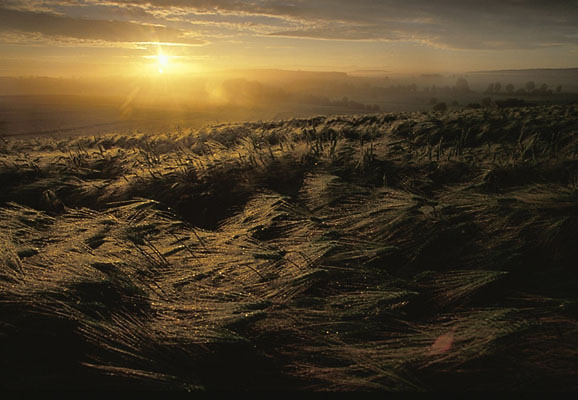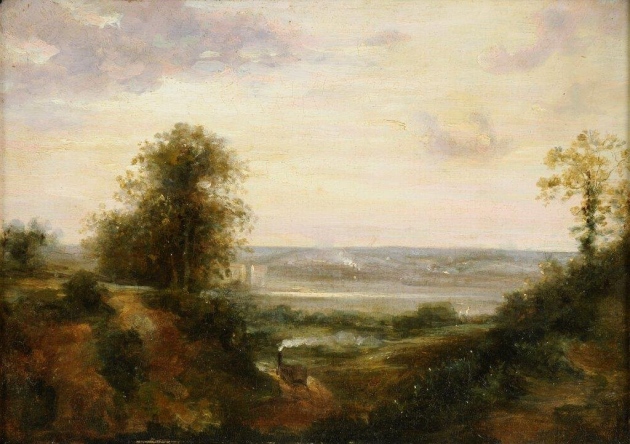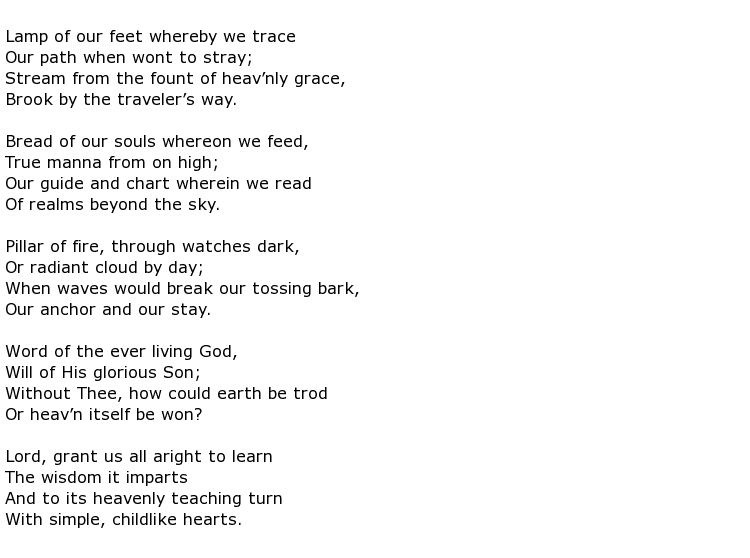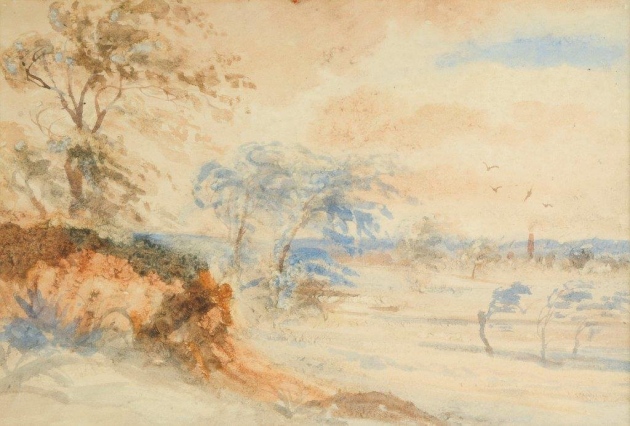Hello again, and thank you for joining me on this walk through Lent, thinking about what it means to live in the light of the I am sayings, to go deeper into following the Good Shepherd.
We continue to follow my book.
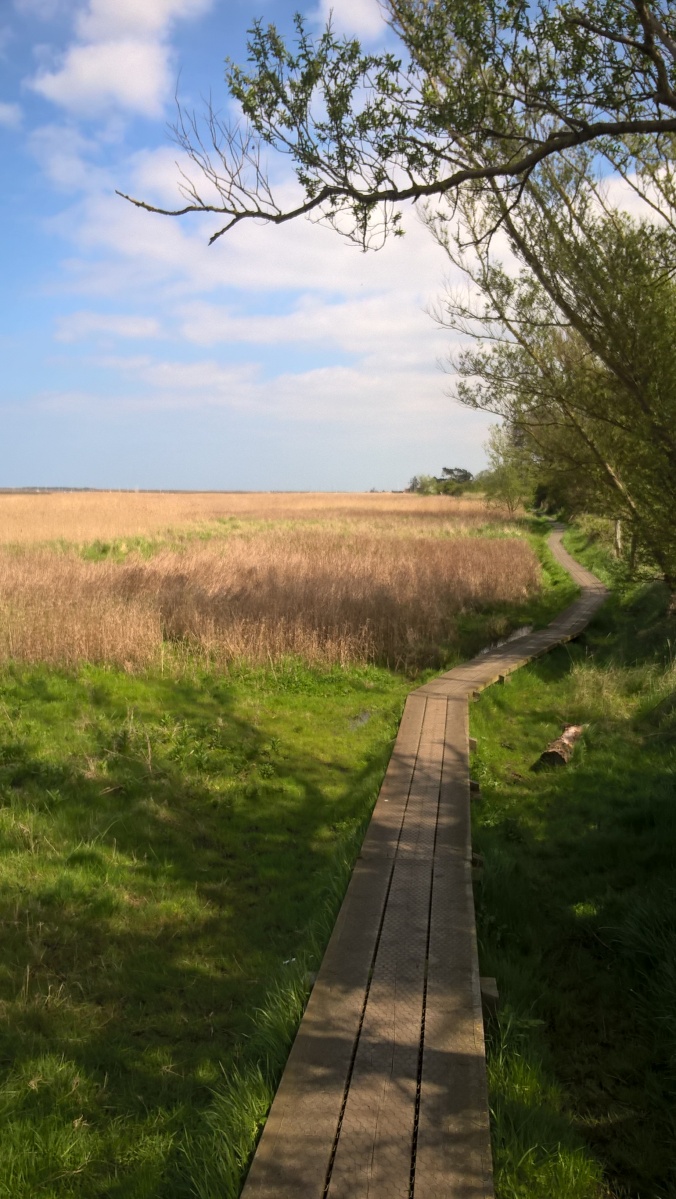
Leadership is once again under the spotlight, as we face another global crisis. This time, a pandemic. One of the things I have been noticing is that leadership, in some places, is emerging. People and organisations are taking decisions to protect the old and the vulnerable, even as there is confusion about what to do for the best, and as there are differences among politicians as to how to interpret the science.
Maybe, as you read this, you are restricting your social engagement. Maybe you normally attend a place of worship, or a community gathering, and are foregoing that for the sake of others, or your own health. One of the differences between this outbreak, and ones in the past, is that our isolation can be less total, that we can meet virtually, and reach out to support each other in difficulties, even when we cannot touch each other.
How to express love and community in a time when touch is problematic, when meeting is difficult or impossible for some, presents real challenges. But thinking about how we can best support those in our communities – whether physical or on line – gives us an opportunity to perhaps do better, and be more imaginative and thoughtful, than we have before. We can build a slower, gentler, and possibly even more connected and compassionate, way of being community.
This week, we are thinking about the kind of leader Jesus was, especially to those excluded by those people who claimed religious authority. We hold in mind the woman taken in adultery, and the man born blind, both of whom were part of our earlier reflection on Light.
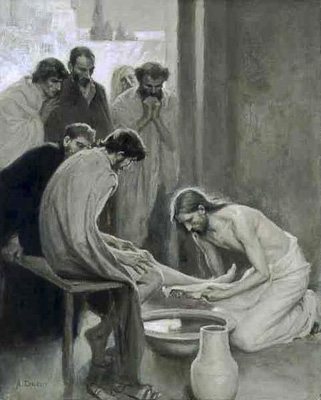
SNM128510 Jesus Washing the Feet of his Disciples, 1898 (oil and grisaille on paper) by Edelfelt, Albert Gustaf Aristides (1854-1905) chalk and grisaille on paper 58×47 © Nationalmuseum, Stockholm, Sweden Finnish, out of copyright
As we think of the loving actions of Jesus in the picture above, we remember that we can move beyond just knowing how he demonstrated his care , to hearing the invitation to do the same, too.
It is an invitation to a way of life. And one that involves touch, and washing. It takes some thinking through, how this might look at a time like the present, but such a meditation on the passage below might help us.
After he had washed their feet, had put on his robe, and had returned to the table, he said to them, ‘Do you know what I have done to you? You call me Teacher and Lord—and you are right, for that is what I am. So if I, your Lord and Teacher, have washed your feet, you also ought to wash one another’s feet. For I have set you an example, that you also should do as I have done to you. Very truly, I tell you, servants are not greater than their master, nor are messengers greater than the one who sent them. If you know these things, you are blessed if you do them. John 13
It’s hard not to immediately call to mind the opposite of this – examples of poor leadership we may have experienced, both personally and as communities and societies – leadership which seems self-interested, and disconnected from the pain and difficulties people experience. And we do need to acknowledge those things, and bring them into the light.
Poor leadership, or bad leadership, is very destructive of our common good, our communities, the prospects for our young people, the welfare of the vulnerable. We need good shepherds.
But, as ever, Jesus invites us to examine our own lives and ways of doing things, to think about whether we are acting as good shepherds or not, in our own sphere.
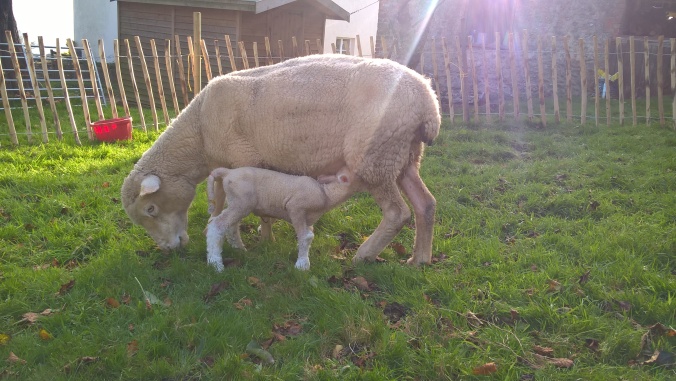
Just about all of us have responsibilities for others in some form or other, and as citizens and members of our communities we have especial responsibilities to the young, and the vulnerable. And so, as we consider the Good Shepherd, and less good shepherds, we can hold in mind those ways our actions and our words have an impact on others, and how we can care for and nurture one another. We are both sheep and shepherd, just about all of us, in different ways, and at different times of our lives. We can be cared for, and care, in our turn.
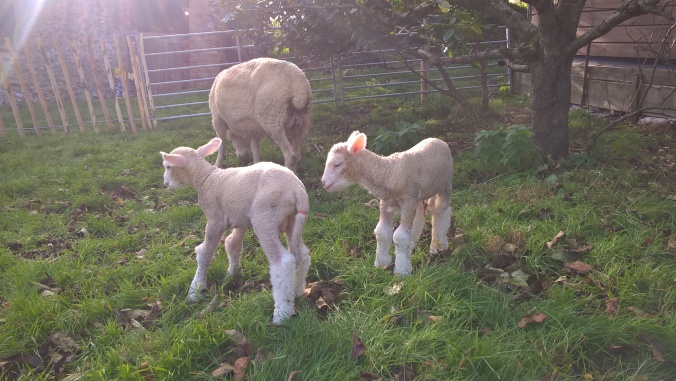
This saying follows on from the one before – ‘I am the light of the world’. The setting, as we saw in the previous chapter, is the Feast of Tabernacles. The atmosphere is hostile, argumentative, challenging to Jesus….
This good shepherd story is an answer to these questions and challenges that have been rolling on over several chapters of our reading. Jesus often responds to questioning with a story. Stories speak to the whole person..
Once again, Jesus has a double audience for this story – the man who has received his sight, and doubtless others outside the synagogue, and the religious leaders who threw him out. This one story, one image, of the Good Shepherd, will have been heard differently by these two groups. Just think, the man who had received his sight, and been thrown out of fellowship, was sought out by Jesus. He is like the lost sheep in the other gospels. It is so good to know that this is what the Good Shepherd does – he finds one who has been rejected. Jesus not only healed him, but later comes to restore him, care for him, include him.
Of course, all those who listened to him on both sides will have been used to hearing scriptures that talked about good and bad shepherds. They will have know the words of Ezekiel on the subject, as well as holding dear the memory of David, the shepherd king.
“You have not strengthened the weak, you have not healed the sick, you have not bound up the injured, you have not brought back the strayed, you have not sought the lost, but with force and harshness you have ruled them.” Ezekiel 34:4
Jesus clearly draws on a shared knowledge of this prophecy to confront those who challenged him. They know that the prophecy continues, saying that God himself will search for the sheep, as Jesus searched for the one who can now see. God will gather those who are lost and scattered, and will feed them with good pasture. God will be their shepherd, will bind up the injured, will strengthen the weak. They will be fed with justice. And Jesus claims this role, the role of the good shepherd, for himself.
When we can be cared for by God, the power and importance of human leaders – tyrants, emperors, Pharisees – is hugely diminished. And it sets a high bar for those human leaders, those who would be a shepherd of a flock. That nourishing, self-giving, gentle leading of the good shepherd is our standard.
Can we follow this shepherd, and learn to nurture in our turn?
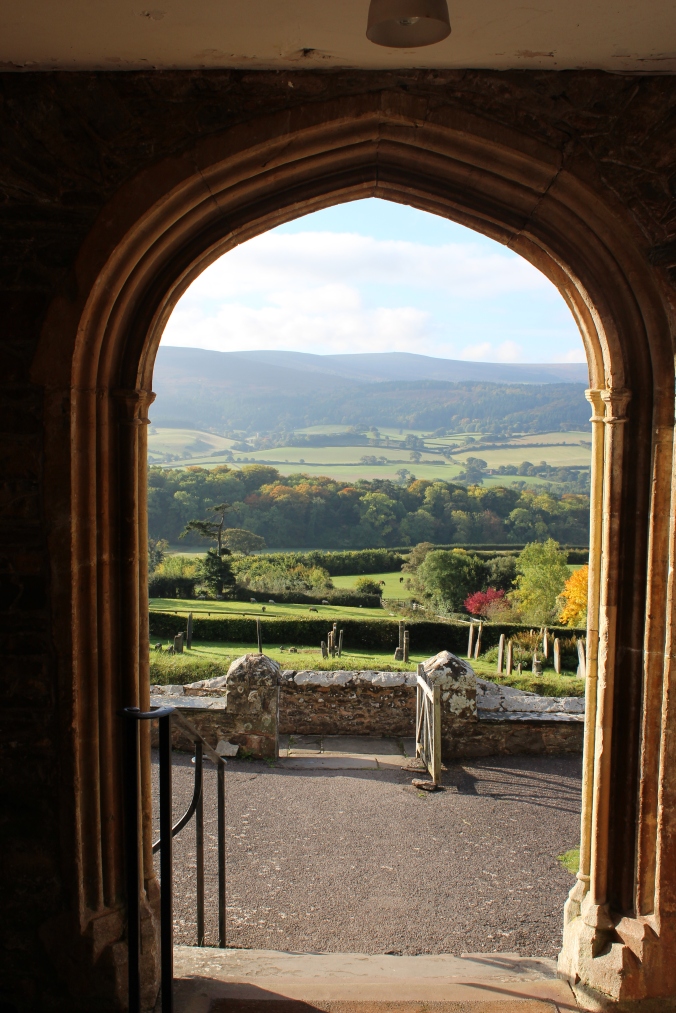
The church at Selworthy Green, with Exmoor in the distance
So, we turn, briefly, to the gate.
There is a twofold task that Jesus undertakes for us. One is to keep us safe, to be the gate. The other is to lead us out. …… The shepherd would lie across the gap in the circular sheepfold at night, protecting the sheep both from wild animals and sheep-rustlers. Jesus keeps the sheep safe……..
We need safety and refuge. We need sanctuary. We need to lie down and sleep in safety. And then, as the shepherd gets to his feet and calls us out of the fold, we need to continue to find our safety in the presence of the shepherd as we step out into the new light of morning.
If God made the world, and all things hold together in Christ, we know that the shepherd knows what he is doing when he leads us out. He knows all about the dark valley, and will not abandon us there, but it is not all dark valley. It is also green pasture, flowing water and the kingdom coming on earth as in heaven. Abundant life is such a marvelous promise……
Reflection and Response
Take some time to look at the picture through the doorway above, and to reflect on on Jesus being a gate, or a door. Sit quietly, and open your heart and mind in prayer.
What catches your attention?
How do you feel when you look at it?
Does it remind you of anything?
Can you imagine yourself walking through that landscape?
As you go out and about in your ordinary days, or as you feel drawn to a new adventure in life and faith, what does it mean to listen out for the voice of the shepherd, and to follow the Good Shepherd? Where may he be leading you?
How comfortable can you be with not being sure about that?
Take time to commit your days and your ways to following.
Prayer for the beginning of the day:
Good Shepherd, you know what lies before me today.
Help me to hear your voice, and remain close to you.
Guide me beside still waters, keep me at peace.
Nourish me with your presence, let me have enough to give.
Let me follow you this day, and always.Prayer during the day:
Good Shepherd, let me see you ahead of me,
and know which way to go.
Good Shepherd
Write down ways in which you have some leadership and/or influence with others. Each of our lives touches others; we all make ripples in our ponds.Ask God to help you learn to be a good shepherd in these situations, and to follow the good shepherd.
Write down any action or insight that comes to you. Resolve to follow it this week.
Listen/hear
Remember a time when you felt really listened to, and a time when you did not. What was the impact of both occasions? Resolve to be a more attentive listener this week. Give your full attention to whoever is talking to you. Seek to understand them, really hear them, rather than putting your own point of view across.
A link to Malcolm Guite’s sonnet on the gate
If you’d like a copy of the book, you can ask your local bookshop, or order online.
Here are a few suggestions:
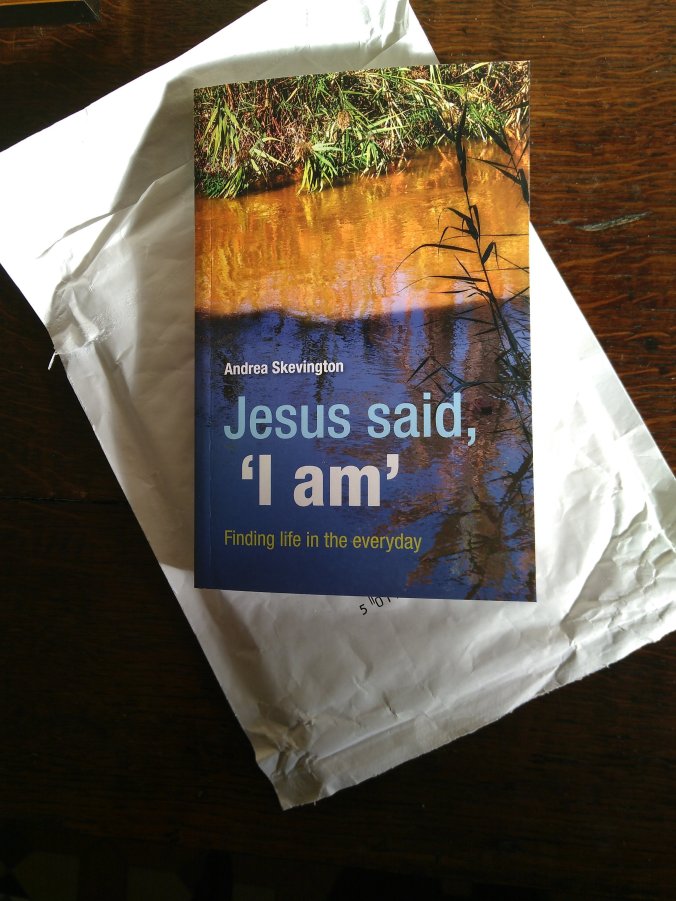
Thank you for your time and attention, for walking this way together.
